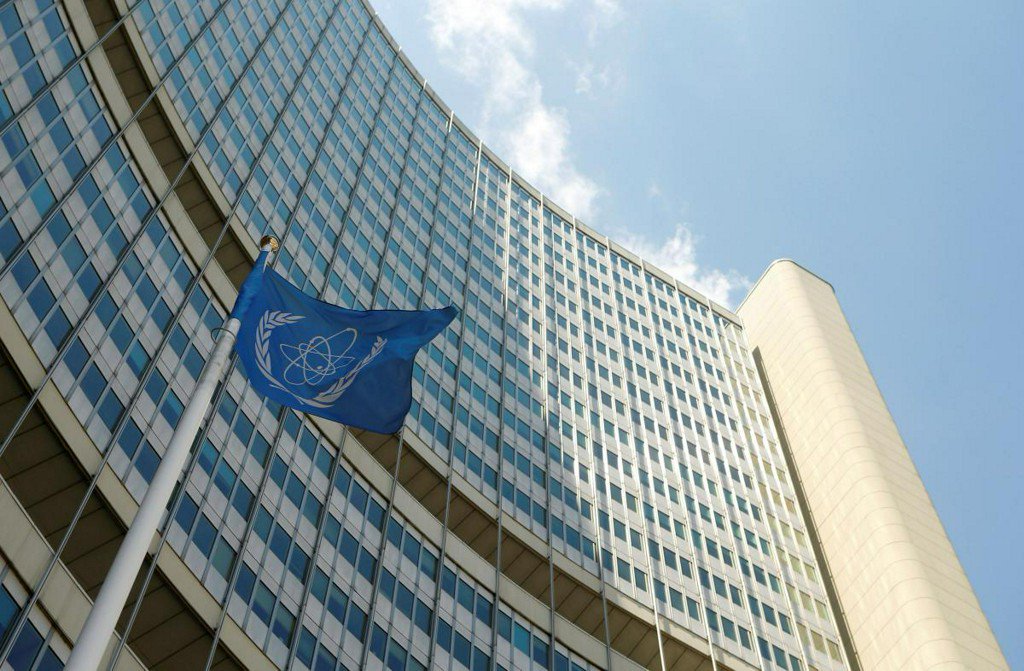IAEA experts conclude Cuba’s preparedness and response framework reviews
Antonio Ortiz Olmo, of the Spanish Nuclear Safety Council (CSN), led the five-person review team, which also included experts from Chile, Portugal and the IAEA.

- Country:
- Cuba
An International Atomic Energy Agency team of experts has concluded a 10-day mission to review Cuba’s preparedness and response framework for nuclear and radiological emergencies. The Emergency Preparedness Review (EPREV), requested by the Government, was carried out under an IAEA Technical Cooperation project aimed at strengthening the national infrastructure for radiation safety and protection in the Republic of Cuba.
Antonio Ortiz Olmo, of the Spanish Nuclear Safety Council (CSN), led the five-person review team, which also included experts from Chile, Portugal and the IAEA.
“The team benefited from the very detailed, comprehensive and helpful self-assessment performed by the Government of Cuba in preparation for the EPREV mission, from the excellent involvement of relevant organizations integrated under a strong civil defence system and from the full availability of documents, personnel and facilities,” Ortiz Olmo said.
The team identified specific good practices that go beyond requirements set in the IAEA safety standards, including:
The use of a comprehensive system for methodically analysing actual national and international events, identifying lessons learned and disseminating them to all relevant organizations.
The use of a systematic approach for developing integrated and coordinated nuclear and radiological emergency plans before starting operation of a radiological facility.
Providing integrated training for nuclear or radiological emergency preparedness and response to customs officers, in close cooperation with the regulatory authorities in safety and security.
The team also highlighted areas where further progress is needed, including:
Further development of formal and detailed procedures for emergency response.
Revision of the protection strategy in line with the latest IAEA safety standards.
Further improvement of the framework for the protection of emergency workers and helpers.
The Government intends to adopt an action plan to address the findings and to host a follow-up EPREV mission in approximately four years.
ALSO READ
If BJP is voted to power at the Centre, its govt will implement Uniform Civil Code in country: Amit Shah at poll rally in MP.
SCBA president Aggarwala welcomes Supreme Court initiative for WhatsApp updates facility about cases
The Latest | Hezbollah ambushes Israeli convoy, killing civilian
PM Modi Committed to Enacting Uniform Civil Code in the Country: Shah
PG Technoplast Inaugurates State-of-the-Art AC Manufacturing Facility in Rajasthan










